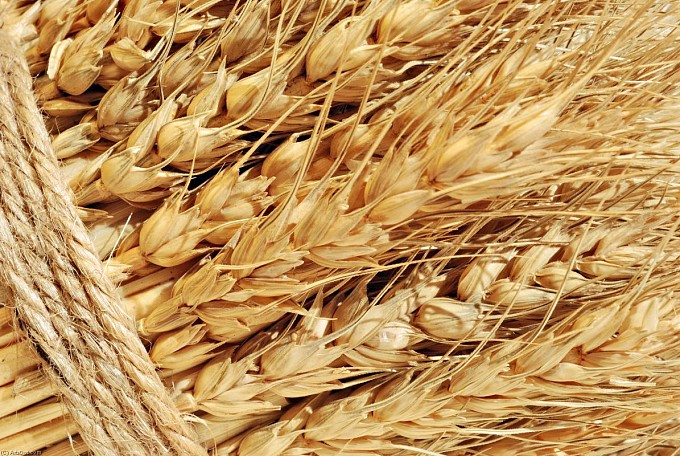
Ukraine calls on the largest grain traders to unite without Russia
The Ministry of Agrarian Policy of Ukraine reported that Kyiv is discussing with the largest grain producing countries the idea of creating a "grain OPEC" to protect their interests in the world market. The idea was previously proposed by the Russian authorities to solve logistical problems in supplies in the Black Sea basin, but due to the condemnation by the largest countries of the world of the military operation of the Russian Federation in Ukraine, it is obvious that now the “grain OPEC” will rather be used to increase pressure on Russia and oust it from key markets. For the West, the idea of a grain cartel is a continuation of the discussion about greater coordination of actions in connection with the sharp rise in food prices. Russian experts, however, believe that the "grain OPEC" will not cause significant harm to exports from the Russian Federation, and the European Commission admits the possibility of a dialogue with Moscow on stabilizing the situation with food supplies.
The Ministry of Agrarian Policy of Ukraine announced negotiations on the creation of "OPEC for grains" - an organization of grain exporting countries, which will include key suppliers of grain crops: the EU, the USA, Canada, Brazil, Argentina and Ukraine - "to protect their own interests in the world market." Ukraine's proposal is a development of the idea of an alliance to ensure global food security, the decision to establish which was made at a meeting of G7 development ministers on May 19.
Russia, due to the condemnation by developed countries of its military operation in Ukraine, is obviously not supposed to be included in the "grain cartel"; Moreover, due to the scale of the association, if it is created, it will become the largest player in the grain market and will create a threat of ousting the Russian Federation from its traditional grain sales markets.
So far, however, the EU hopes for a diplomatic settlement of the grain supply crisis in the region. Yesterday, the head of the European Commission, Ursula von der Leyen, told Reuters in Davos that Europe needs to negotiate with Russia on the possibility of resuming supplies of wheat and other food products from Ukraine. Earlier, UN Secretary-General António Guterres, during a meeting of the UN Security Council, already presented the idea of a deal to exchange the possibility of exporting grain from Ukraine for the removal of restrictions on the export of fertilizers and food from the Russian Federation and Belarus, but it has not yet received development (see “Kommersant” dated May 21) .
It should be noted that the idea of a grain alliance was discussed back in 2007 - then the head of the Russian Ministry of Agriculture, Alexei Gordeev, suggested that Ukraine and Kazakhstan create a "grain OPEC" to coordinate grain trade, but the project was not implemented. The President of the Russian Grain Union, Arkady Zlochevsky, in a conversation with Kommersant, recalled that the goal at that time was to remove excessive competition from countries in the Black Sea basin, which led to discounts in comparison with other places of shipment. Mr. Zlochevsky sees no economic sense in the current “grain OPEC”: grain prices are already high.
Andrey Kushnirenko, Associate Professor of the Department of International Trade of the VAVT, also considers the idea of a grain alliance a purely political step, while the geopolitical situation will quickly create such an organization of countries that will account for 60-70% of world grain exports.
However, according to Andrei Kushnirenko, export promotion to reduce prices is limited by transportation problems, and such an organization will not be able to directly influence exports from the Russian Federation. However, it will also be difficult for Russia to challenge the actions of the grain alliance in the WTO: the organization does not have an unambiguous position on such associations, and the WTO court has been inactive for several years. Thus, in the event of political dumping and the exclusion of the Russian Federation from its key export markets, the Russian Federation will probably have few protection mechanisms. The Ministry of Economy and the Ministry of Agriculture did not respond to a request from Kommersant about how the Russian Federation would react to such a development of events yesterday.
From the point of view of the global economy, the idea of a “grain OPEC” is part of the process of fragmentation of world markets, which was previously warned by the OECD and the World Bank (see Kommersant of May 16 and 20), following the processes of isolation of certain sections of the global financial market caused by sanctions. systems.